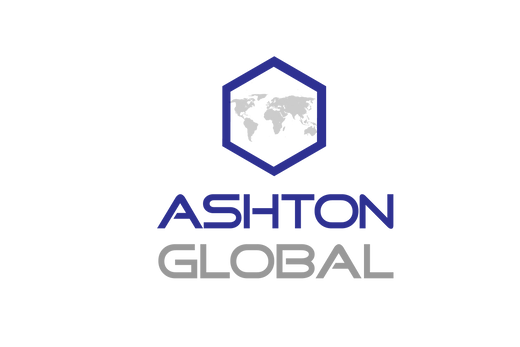There is a growing market for providing litigation funding because it gives investors a socially responsible way to generate returns that are not correlated with other markets. There are also various segments of the litigation finance market that offer different time horizons depending on the needs of investors. Arbitration and activist litigation offer the shortest duration for potential funders while SEC whistleblower cases and healthcare fraud can be a decade or more to resolve.
The Decision to Seek Litigation Financing
Litigation finance is the provision of funds by a third party to a plaintiff in exchange for part of a legal settlement. It can also involve directly financing attorneys and plaintiffs to pursue cases against large defendants. The investor typically receives a specific multiple of the initial investment or a percentage of the settlement for a successful case.
The main reason for turning to litigation finance is that it is sometimes the only practical way to pursue a case. That can happen if a plaintiff lacks the funds to bring a claim to court. Litigation finance may also be necessary if a defendant has sufficient financial resources to ensure a costly and protracted legal battle. It is essential to be realistic about possible scenarios here. Ashton Global utilizes litigation funding as a part of our core investment strategies, as well as a financing vehicle for growth.
Litigation finance also must make sense for potential investors. Clearly, the case's potential for substantial monetary settlements or awards is crucial. The merit of the case itself is the key factor for litigation funders. Some funders invest in a portfolio of cases to provide diversification, while other litigation funders are more comfortable with single-case risk within their area of specialized expertise.
Finding a Source of Litigation Funding
After deciding to pursue litigation funding, lawyers and plaintiffs must look for the right companies for their cases. For example, many litigation finance companies focus exclusively on commercial disputes between businesses. That usually makes it easier for them to estimate potential settlement amounts and decide if a particular case is worth supporting.
Furthermore, litigation finance companies often specialize in specific types of cases, such as international arbitration, intellectual property, or even consumer litigation. However, these firms are generally only willing to invest small amounts in individual consumer cases.
At Ashton Global, we focus on fundings in the $100,000 to $1 million range depending on the case, and we are comfortable with the long-term investment horizon needed for the cases to play out.
Litigation finance firms (typically hedge funds and lawyers) will want detailed information on the case, including jurisdiction, the progress of the case, legal filings and court documents, and an idea of any settlement offers received.
Due Diligence in the Litigation Finance Industry
The litigation finance firm follows up by looking into the case, its potential for a financial settlement, and the possible outcomes of legal proceedings. It typically takes several weeks for firms to complete this due diligence process. Prospective providers of funding usually pay the costs of these assessments even when they choose not to invest.
The Litigation Funding Agreement
If the due diligence process finishes successfully, the litigation funder will draw up the funding agreement. The litigation finance agreement spells out the amount of funding provided, the obligations of all the parties involved, and the payment waterfall for any proceeds from resolving the case. The overall risk profile of the case, its potential rewards, the estimated resources required for the case, and how far along it is when the litigation finance investment takes place all factor into the agreement.
After all parties sign the agreement, funding begins to come through to the litigants. This funding might be immediate, or it could be released as needed for legal expenses, depending on the provisions of the litigation finance investment agreement. However, money is often only one part of the agreement. In many cases, finance companies will continue to work closely with litigants by providing advice, experts, and other resources.
Constructing a Portfolio of Cases
Litigation finance, in our opinion, perform much like distressed debt combined with venture capital. Some cases will exceed the litigation funders expectations, while some will be total losses, and others will come in closer to the ex-ante expected return.
Many of the cases that are purchased by investors have not been settled at the time of investment. Thus, the risk profile for individual cases is like out of the money options. As the case plays out and headlines are publicly announced in the media, and as judgments are reached, the “implied value” of the investment increases as market participants gain more visibility into the possible outcome. For prudent portfolio managers, it is possible to create portfolios with defined risk because cases are uncorrelated with each other.
Please contact us at +1 212 514 8953 or email info@ashtonglobal.com to learn more.








